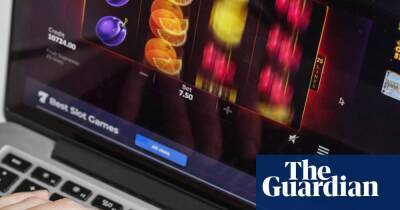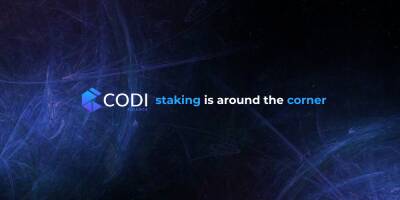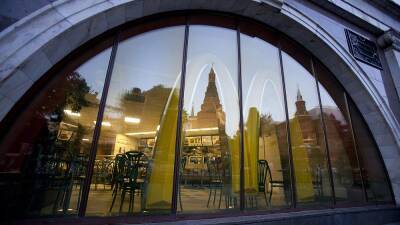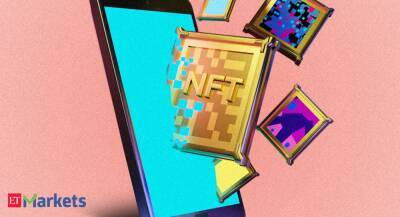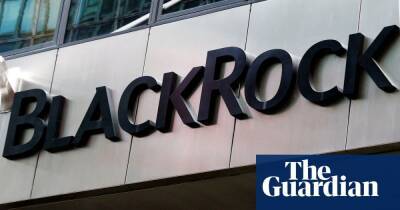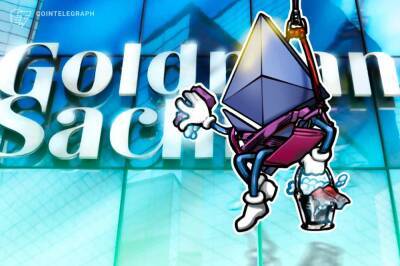The evolution of DAOs and why they are expected to take hold in 2022
In 2021, crypto has been one of the biggest trends shaping tech and finance, and according to mainstream news headlines, decentralized autonomous organizations (DAOs) are set to be a force to be reckoned with in crypto in 2022. Mark Cuban called them the “ultimate combination of capitalism and progressivism.” Yet, while DAOs are relatively easy to understand conceptually, they’re a segment of the crypto market in a state of rapid flux, with many innovative use cases emerging. However, setting up and running a DAO also comes with its own set of unique challenges, which are also changing and developing over time.
The purest definition of a DAO is inherent in the name. An organization is a group of people and entities with a common goal or idea. It’s decentralized, so there is no CEO or board of executives responsible for decision-making, and it’s autonomous, meaning it’s self-governing. Self-governing means that there are governance rules programmed into blockchain-based smart contracts, and members of the DAO vote on matters affecting the DAO according to those rules.
One of the earliest DAOs, a project called The DAO, illustrates one of the most straightforward use cases of a DAO and also happens to be pivotal in the history of DAOs. The Genesis DAO, as it was also known, was an investment contract allowing Ether (ETH) holders to deposit their funds. Projects could apply to The DAO for funding, and if DAO token holders agreed to the investment terms, the smart contract would disburse funds. However, in June 2016, within weeks of launch, a hacker found a bug in the underlying smart contract code and managed to drain The DAO of around $70 million worth of ETH.
At the time, the incident wreaked havoc in the Ethereum
Read more on cointelegraph.com



